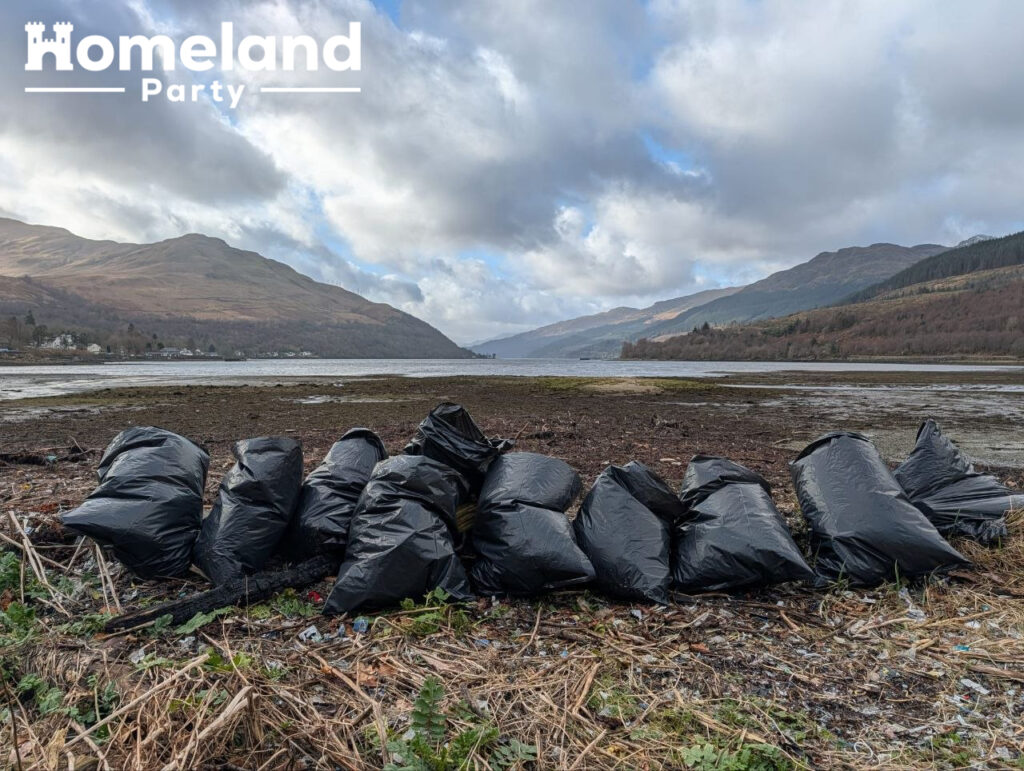The green agenda is a strange beast. You’d have to have been living under a rock for the last few decades if you somehow missed the onslaught of fearmongering and guilt-tripping regarding fossil fuels, combustion engines, loss of nature and other supposed existential crises.
This isn’t meant to sound flippant; there are, indeed, severe environmental issues in the UK that need immediate attention. We have, for example, lost 97% of our wildflower meadows in as little as 85 years. We’ve lost an eye-watering 99% of our ancient woodlands, making us Europe’s second least wooded country. We’ve also lost 90% of our wetlands.
Here’s some food for thought: remember 10+ years ago, you often saw an array of splattered insects on your windscreen and headlamps after you went out for a drive? You don’t see this any more, do you? That’s because we’ve lost a staggering 60% of our insects in as little as 30 years. This happens when habitats are continually destroyed en masse, negatively affecting pollination and the food chain. A growing number of native species of mammals have also become endangered.
So, yes, there are serious problems, and any political party worth its salt would be taking the green issue seriously.
However, the past few governments have relied on people not reading between the lines and asking questions, namely, “Whose fault is it?” and “Why is it happening?” We seem to blindly accept that it’s our fault because that’s what the media tells us, but is it?
In short, no, it isn’t. Two key reasons for the loss of our greenbelt land are housing developments and farming. Considering our falling birthrate in this country, you’d be forgiven for thinking we wouldn’t need more living spaces and food production. Still, our ludicrous immigration policy would beg to differ. As the population rises, so does the strain on our resources, which brings us nicely onto energy.
As our current energy infrastructure struggles to keep up with the ever-increasing demand, the Government has to increase power production. Of course, they can’t look to fossil fuels as a solution, as that would undermine the renewable energy narrative. The only option they’re left with is solar farms, and this is quickly becoming a third key reason for the loss of greenbelt land.
A couple of recent examples of this trend can be found in Nottinghamshire. Plans for a 76-hectare solar farm between Caunton and Kelham are set to be approved despite objections from neighbours and local leaders. Among those voicing concerns are South Muskham and Little Carlton Parish Council, citing concerns over the potential environmental and ecological impact. It comes days after plans were revealed for a much larger project – the Great North Road Solar Park, west of Newark, which would be approximately four miles wide!
To add insult to injury, solar farms are only projected to have a 40-year lifespan, after which they would be decommissioned. It seems like an awful lot of nature to destroy for something which, it could be argued, doesn’t qualify as renewable, and this is before we consider the shocking environmental impacts. For example, manufacturing solar panels requires factories to process raw materials, including rare, dangerous and hard-to-collect materials, while using significant amounts of energy and water and releasing pollution. Dumping discarded solar panels in landfills could also be environmentally damaging when materials such as lead and cadmium are released into the water and the land.
So, don’t let the Government blame you for the environmental crisis. We aren’t the ones bringing in untold numbers of migrants who need to be housed and fed, and we aren’t the ones destroying our beautiful countryside and wildlife. It’s time to stand up and hold the Government accountable; they are the ones destroying our beautiful land.


